If my films make one more person miserable, I'll feel I have done my job
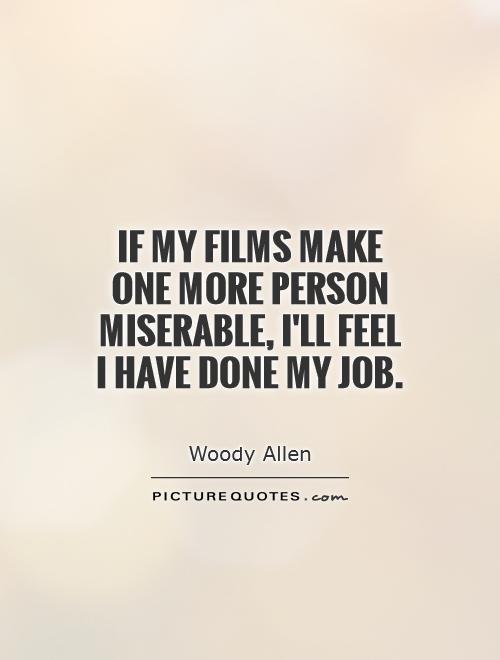
If my films make one more person miserable, I'll feel I have done my job
Woody Allen, the renowned filmmaker known for his dark humor and introspective storytelling, has often been quoted as saying, “If my films make one more person miserable, I'll feel I have done my job.” This statement may seem shocking or even callous at first glance, but when viewed in the context of Allen's body of work and his unique approach to filmmaking, it becomes clear that there is a deeper meaning behind these words.Allen's films are often characterized by their exploration of complex human emotions, existential dilemmas, and the darker aspects of human nature. He is not afraid to delve into uncomfortable or taboo subjects, and his characters are often flawed, morally ambiguous, and struggling with their own inner demons. In this sense, Allen's films can be seen as a reflection of the human experience in all its messy, contradictory, and sometimes painful glory.
By stating that he wants his films to make people miserable, Allen is not necessarily advocating for a sadistic or nihilistic approach to filmmaking. Rather, he is expressing a desire to provoke a strong emotional response in his audience, to challenge them to confront uncomfortable truths about themselves and the world around them. In a way, Allen sees his films as a form of catharsis, a way for viewers to confront their own fears, anxieties, and insecurities through the lens of his storytelling.
Furthermore, Allen's statement can also be interpreted as a commentary on the nature of art itself. Throughout history, artists have often sought to provoke, challenge, and disturb their audiences in order to spark dialogue, reflection, and change. By pushing boundaries and confronting audiences with uncomfortable truths, artists like Allen can inspire empathy, understanding, and growth in their viewers.
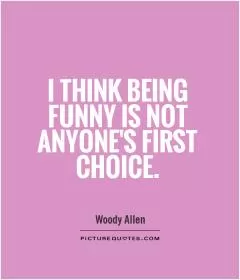


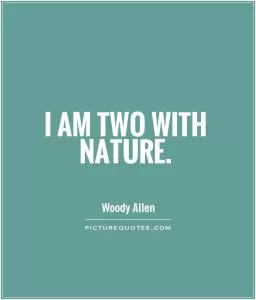
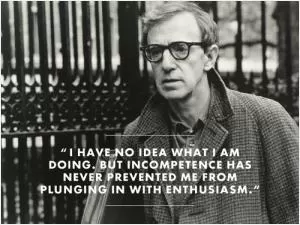

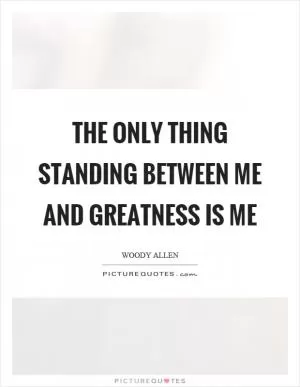
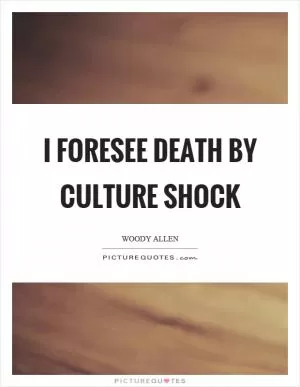
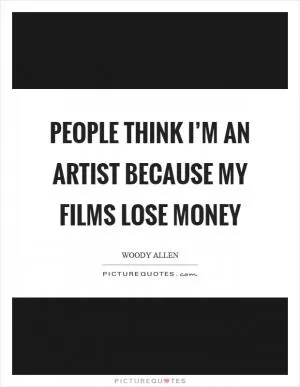


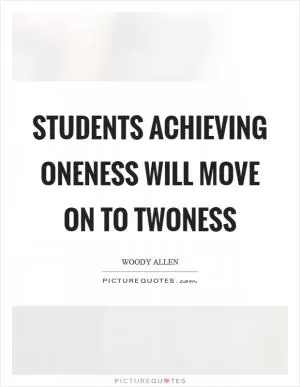
 Friendship Quotes
Friendship Quotes Love Quotes
Love Quotes Life Quotes
Life Quotes Funny Quotes
Funny Quotes Motivational Quotes
Motivational Quotes Inspirational Quotes
Inspirational Quotes